Market Analysis
In-depth Analysis of Natural Surfactants Market Industry Landscape
The current beneficial greater lifetime of natural surfactants compared to synthetic types is a leading trend in the market, which promotes a targeted demand for environmentally-friendly and sustainable products. Among surfactants, or surface-active agents, soapy cleaning solutions and formulated products for personal care undoubtedly hold great importance. In the recent past the society has shown a remarkable growing sensitivity toward the sustainability of using chemical-based surfactants as a result consumer have shown an increased curves in their preferences for natural alternatives.
The growing threat of environmental insecurity is found to be serving as one of the major motivating factors of the market landscaping. With this growth in awareness, citizens are becoming more cautious of the aftermath of their choices, thus surfactants which are naturally occurring and derived from renewable sources continue to be looked for by the producers. There is a significant connection between this trend and the global movement aimed at decreasing the amount of carbon emissions while increasing investments in eco-friendly technologies. Consequently, the melting players are seizing the moment and investing in developing research and development of the innovative pseudo natural surfactant formulas that not only would meet the performance standards but also follow the strict environmental regulations.
The cosmetic and personal care industry is an important segment in the surfactants market which is also the driving force of natural surfactants in the market. With consumers being much more into natural and organic style beauty products, production companies have to change their offerings so as to include natural and biodegradable cleansers. Where traditional detergent chemicals are derived from petroleum or chemical compounds, these surfactants are now plant-based or other bio-based materials tailored toward the demand for milder formulations that do not compromise on the effectiveness of the product. This shift is forcing product manufacturers to re-think product mixes and, consequently, branding and advertising campaigns among them.
Furthermore there is the increasing use of environmentally friendlier surfactants in the agriculture sector as well. They are able to do so through the formulations of agricultural products like the pesticides and the herbicides, to give better performance. If one looks deeper, one can see that the sustainable and organic agriculture tendency together with the natural surfactants concept that are safer and less harmful to the environment makes the demand for natural surfactants increase more and more. The agribusiness sector is continually finding greener alternatives to solve their production challenges, and natural surfactant has its part to play by benefiting from the green shift.
Another issues that change market behavior is regulating condition. Governments world wide are putting more control on the way in which certain chemicals such as those in shooting are used by consumers. Due to the nature of the residuals from surrogate substances, their increased analysis and use of the natural ingredients emerged among producers. In addition to market access, compliance with environmental compliance ensures good company image which creates more following toward natural surfactant demand.


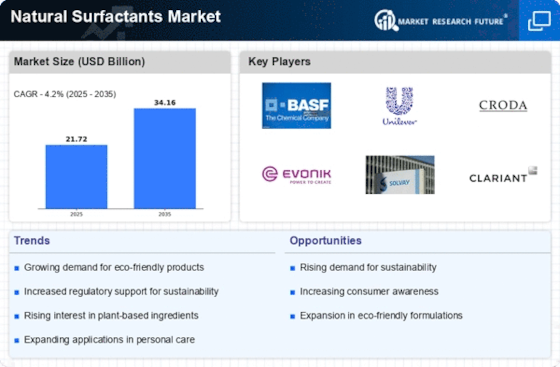

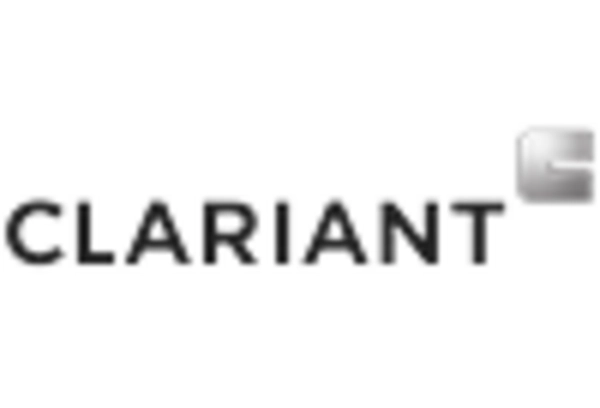
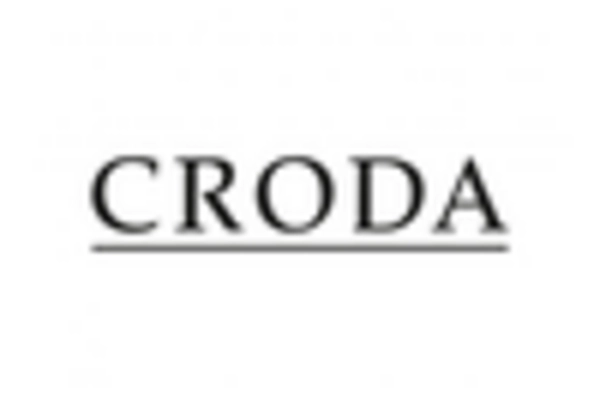

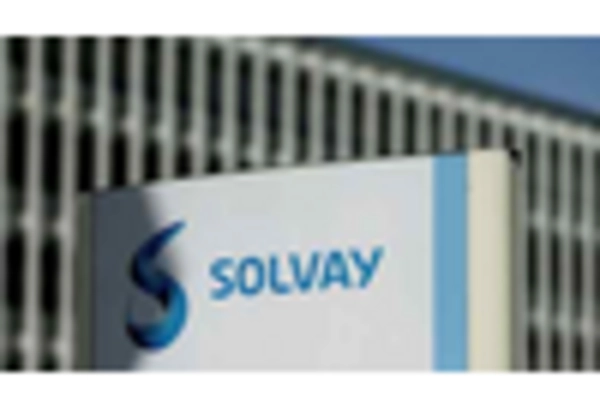
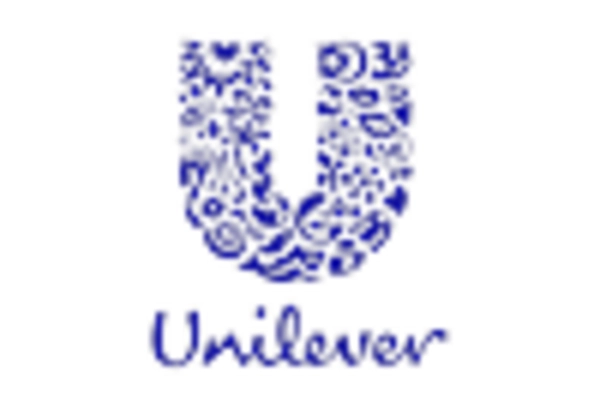










Leave a Comment